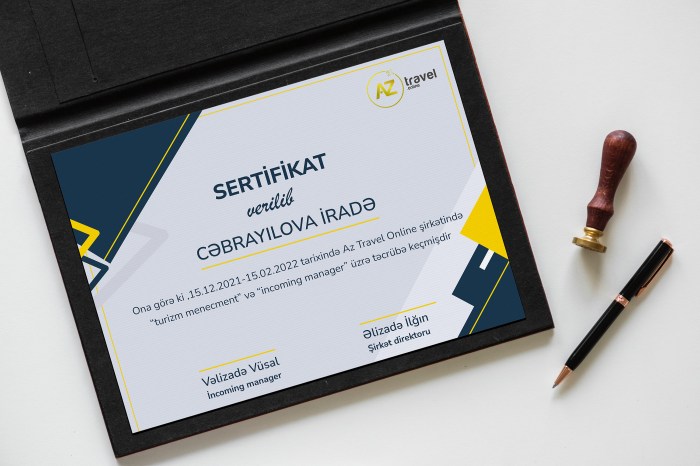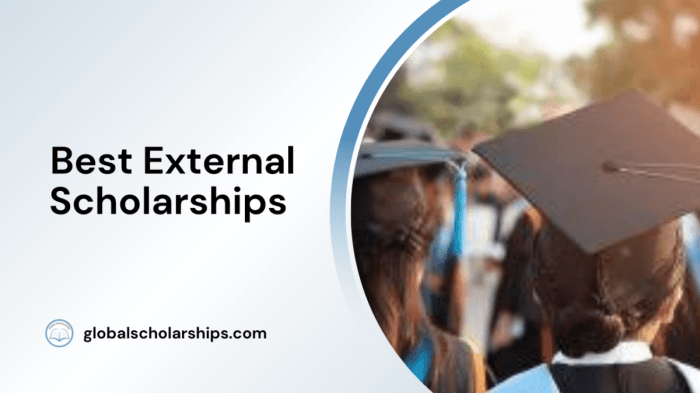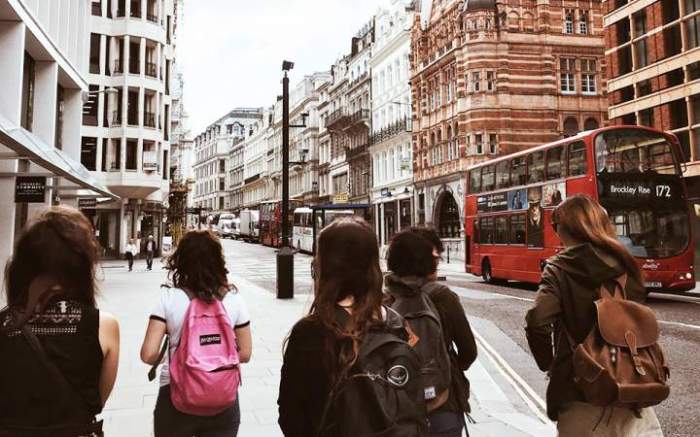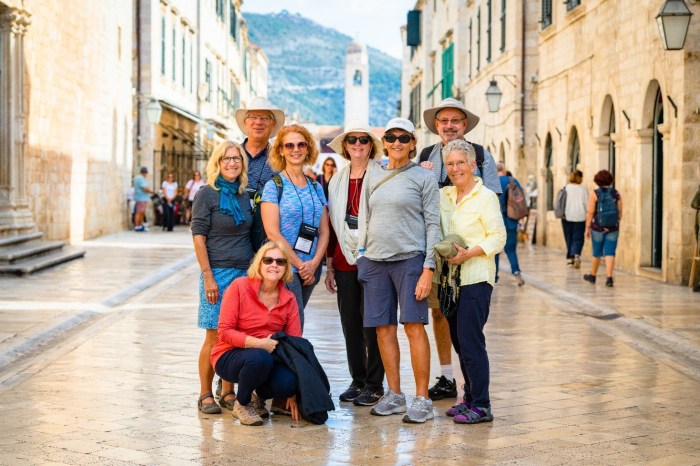Study Travel Your Global Learning Adventure
Study travel offers a unique blend of academic enrichment and cultural immersion. This comprehensive guide explores the intricacies of planning and executing a successful study abroad experience, providing practical advice and insightful perspectives to maximize your learning and personal growth. From meticulously crafting itineraries to navigating cultural nuances, we delve into every aspect of this transformative journey.
This guide covers the entire process, from initial planning and preparation to navigating the experiences and activities during your trip, and finally, the essential resources and support to ensure a smooth and fulfilling journey. We will explore different types of immersive learning opportunities, discuss the importance of local cultural integration, and provide valuable insights into managing finances, safety, and staying connected while abroad. Detailed examples, checklists, and tables will assist you in making informed decisions about your study travel adventure.
Planning & Preparation
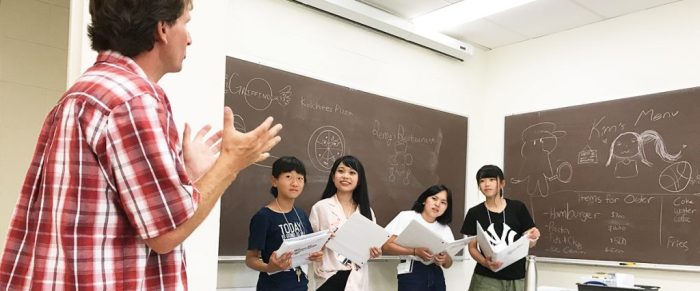
Source: skyus.global
Crafting a successful study travel experience hinges on meticulous planning and preparation. Thorough itinerary development, realistic budgeting, and careful consideration of learning objectives are key to maximizing the educational and personal benefits of such a journey. This meticulous approach ensures a smooth and rewarding experience, transforming the trip from a mere vacation into a valuable learning opportunity.
Crafting a Study Travel Itinerary
A well-structured itinerary is crucial for a productive study travel experience. Begin by defining the desired learning outcomes. What specific skills or knowledge do you aim to gain? Next, identify potential destinations aligned with these objectives. Research institutions, museums, or historical sites relevant to your chosen field of study. Consider the duration of your trip. A shorter duration might focus on intensive workshops or seminars, while a longer trip could allow for more in-depth exploration of a specific region or culture. Equally important is establishing a realistic budget. Factor in travel costs, accommodation, activities, and any necessary materials. Detailed cost breakdowns can help you create a manageable spending plan. Finally, balance the academic goals with personal interests and cultural immersion to create a well-rounded experience.
Examples of Study Travel Programs
Numerous study travel programs cater to diverse academic disciplines. For example, students interested in history might participate in a program focusing on European historical sites, visiting key monuments, and engaging in lectures with renowned historians. Science students might undertake a program focused on ecological research in a specific region, involving fieldwork and laboratory work at a local university. Literature enthusiasts could immerse themselves in a program exploring the literary history of a particular region, attending readings and visiting significant literary locations. These examples illustrate the broad range of possibilities available for students seeking to enhance their academic journey through study travel.
Pre-Trip Preparation Checklist
Careful pre-trip preparation is essential for a smooth and safe study travel experience. Before departing, ensure you have all necessary documentation in order, including passports, visas, and travel insurance. Ensure your vaccinations are up-to-date, and if necessary, acquire any necessary medication or health supplies. Create a list of emergency contacts and share it with someone at home. Plan for any special dietary needs or accommodations. Finally, review the local customs and etiquette of your destination to ensure a respectful and positive interaction with the local culture.
- Passport validity: Ensure your passport is valid for at least six months beyond your travel dates.
- Visa requirements: Research visa requirements for your destination country and apply well in advance.
- Health information: Update your vaccinations and consult with your doctor about any necessary health precautions.
- Travel insurance: Purchase comprehensive travel insurance that covers medical emergencies, trip cancellations, and lost belongings.
- Emergency contacts: Create a list of emergency contacts and share it with a trusted individual.
Potential Study Travel Destinations
The following table lists Artikels’ potential destinations for study travel, categorized by academic focus:
| Destination | Academic Focus | Duration | Estimated Budget |
|---|---|---|---|
| London, UK | History, Literature | 14 days | $3000-$5000 |
| Paris, France | Art History, Culinary Arts | 10 days | $2500-$4000 |
| Rome, Italy | Art History, Archaeology | 12 days | $3200-$5000 |
| Kyoto, Japan | History, Culture | 14 days | $2800-$4500 |
Experiences & Activities
Study travel offers a unique opportunity to deepen learning beyond the classroom. By immersing students in different cultures and environments, these programs foster a holistic understanding of the subject matter. Experiential learning is central to this process, allowing students to actively engage with their surroundings and gain valuable insights.
Immersive learning opportunities are key components of successful study travel. These experiences go beyond traditional classroom lectures and textbooks, providing students with hands-on learning opportunities to enhance their understanding of a specific field or subject.
Immersive Learning Opportunities
Different forms of immersive learning enrich the study travel experience. Workshops provide focused training in specific skills related to the chosen field. Field trips to relevant locations offer direct observation and analysis of real-world applications. Cultural exchanges, through interactions with local communities, foster mutual understanding and empathy. These experiences encourage critical thinking and problem-solving skills, enabling students to apply their knowledge in practical situations.
Importance of Local Culture
Incorporating local culture into the study travel experience is crucial for a meaningful and enriching learning journey. It helps students develop cultural sensitivity and respect, leading to a deeper understanding of the subject matter within its broader context. This aspect is often intertwined with the practical application of knowledge, allowing students to connect theoretical concepts with real-world situations. Exposure to local traditions, customs, and perspectives broadens students’ horizonsand promotese cross-cultural understanding.
Activities for Interaction with Local Communities

Engaging with local communities fosters a sense of connection and shared experience. Participating in local events, volunteering at community projects, and interacting with local artisans or entrepreneurs provides authentic insights into the culture and daily lives of the community. These activities not only deepen understanding but also promote empathy and build stronger relationships. Examples include participating in a traditional cooking class, visiting local markets, or assisting in a community garden project.
Reflection and Journaling
Reflection and journaling are essential components of study travel to maximize learning outcomes. Regular reflection allows students to process their experiences, identify key learnings, and connect their observations to the theoretical concepts. Journaling provides a structured space for recording thoughts, feelings, and observations, enriching the memory of the trip and encouraging deeper reflection on the experiences. This reflective practice encourages critical analysis, fostering deeper understanding and application of knowledge.
Comparative Analysis of Study Travel Experiences
| Program | Focus | Student Feedback (Average Rating) | Pros | Cons |
|---|---|---|---|---|
| Global History Immersion | Historical Sites | 4.5 | Excellent tours, knowledgeable guides | Limited interaction with local communities |
| Sustainable Development Initiative | Environmental Issues | 4.2 | Hands-on workshops, community engagement | Potentially less structured historical focus |
| Cultural Immersion in Southeast Asia | Language & Culture | 4.7 | Extensive cultural exchange, language learning opportunities | More intensive language fous, might require pre-existing language skills |
Resources & Support
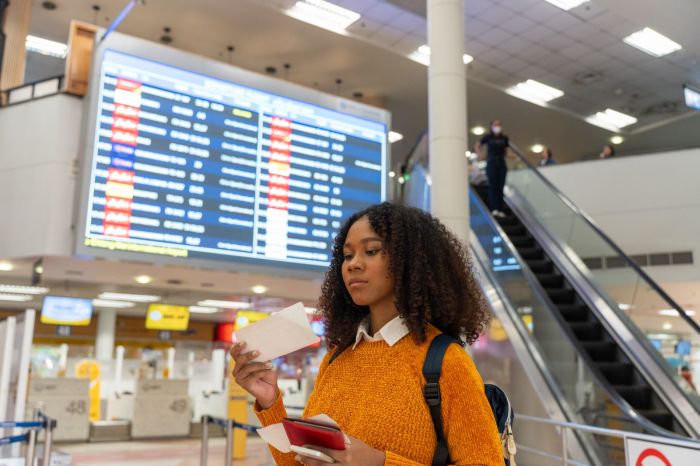
Source: fvsu.edu
Study abroad programs offer enriching experiences, but careful planning and access to appropriate resources are crucial for a smooth and successful journey. This section details vital resources and support systems, ensuring students are well-prepared for their academic travels.
Understanding the available resources, from financial aid to mentorship, can significantly ease the transition and enhance the overall learning experience. Furthermore, safety measures and practical tips for maintaining connections with home contribute to a positive and well-managed study travel program.
Financial Aid & Funding Opportunities
Securing funding is a key aspect of study travel. Students should explore various funding options to mitigate financial burdens. Scholarships, grants, and financial aid programs tailored for study abroad are often available through universities and external organizations. Researching these opportunities early can significantly reduce financial stress and make the travel experience more accessible.
Travel Agencies & Mentors
Reputable travel agencies specializing in academic trips can provide valuable support in planning and coordinating study travel logistics. These agencies often have experience handling international travel requirements and academic visa processes, streamlining the overall preparation. Mentors and academic advisors play a crucial role in guiding students through the study abroad process. They can offer insights into potential programs, provide advice on application procedures, and offer support during the trip itself. Mentorship helps navigate the often complex procedures and decision-making involved in study travel.
Essential Financial Management Tips
Effective financial management is critical during study travel. Developing a budget that accounts for all expenses, from accommodation to activities, is vital. Create a detailed spending plan, track expenses meticulously, and utilize budgeting apps or spreadsheets to stay on top of finances. Prioritizing essential expenses and avoiding unnecessary spending is crucial for maintaining financial stability. Consider using a travel credit card with no foreign transaction fees for better management of currency conversions and transactions.
Safety Measures & Emergency Protocols
Safety is paramount during study travel. Students should be well-informed about local laws, customs, and safety precautions in the host country. Understanding emergency protocols and contact information for local authorities, embassy representatives, and emergency services is crucial. Staying aware of the environment and maintaining vigilance against potential risks are essential components of ensuring personal safety.
Accommodation Selection
Choosing suitable accommodation is important for a positive study travel experience. Safety should be a top priority. Consider the location, security features, and proximity to study locations or activities. Budget considerations are equally important. Balance the need for safety and comfort with affordability. Options such as university-affiliated housing, hostels, or apartments can provide suitable and cost-effective accommodations while ensuring a secure environment.
Staying Connected
Maintaining contact with family and friends back home is essential for emotional well-being. Establishing communication channels, such as using a reliable mobile data plan or purchasing a local SIM card, can help stay connected throughout the program. Utilizing video conferencing, social media, and email can allow students to share experiences and maintain a sense of connection with their support network. Scheduling regular communication can ensure students feel supported and connected, reducing feelings of isolation.
Last Recap: Study Travel
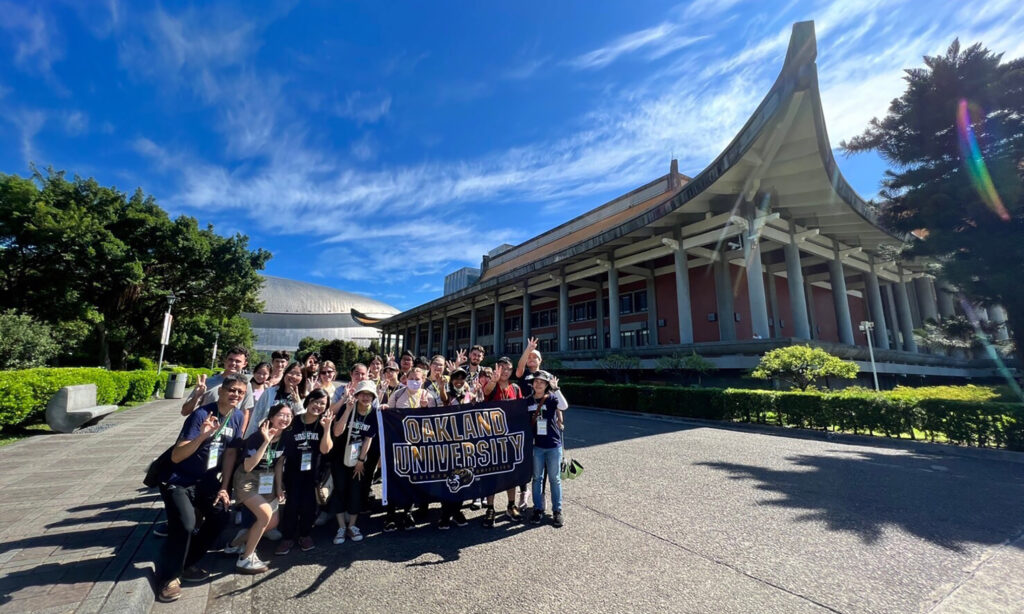
In conclusion, study travel is more than just a trip; it’s a catalyst for personal and academic growth. By meticulously planning, embracing cultural immersion, and utilizing available resources, you can transform your study travel experience into a truly enriching and memorable adventure. The insights and practical strategies presented here will empower you to make informed decisions, maximizing your learning and creating lasting memories. This guide serves as a practical companion, guiding you through the process of designing a study travel program tailored to your specific interests and academic goals.
